How to use food as fuel
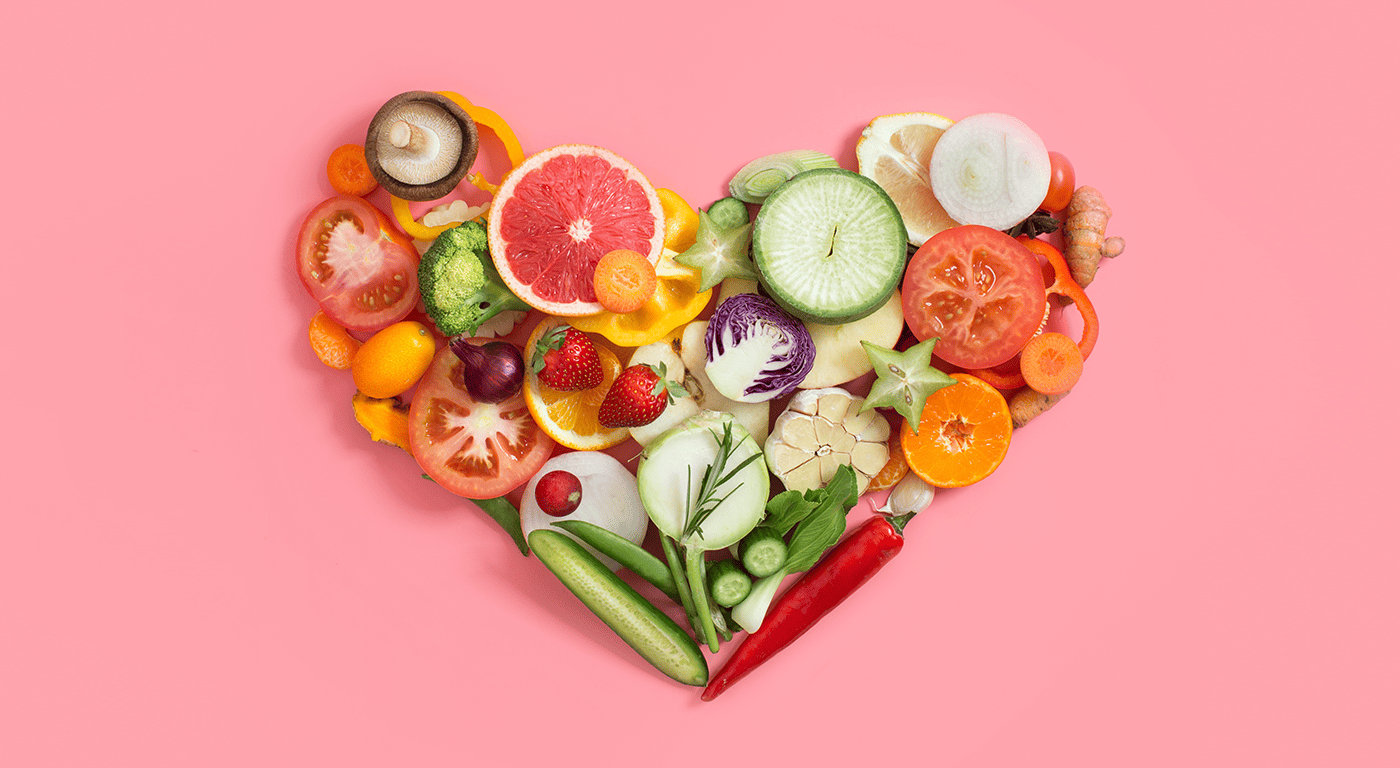
By giving your organs what they need, you can function at peak performance
When last did you think about how food affects your body – apart from providing nutrition? Many of us may not be aware of the very intricate relationship between our diet and our organs. According to dietitian Nathalie Mat, if we consume foods that don’t support the function of certain organs, they are unlikely to work efficiently. While some foods we consume can be very taxing on specific organs, other foods can boost their function.
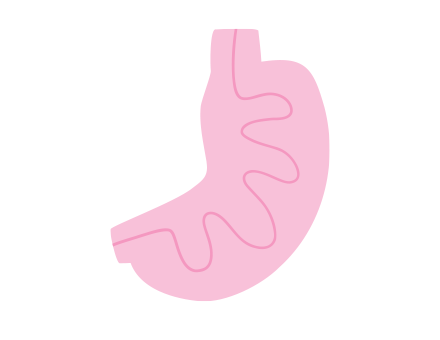
Stomach
The stomach not only plays a vital role as storage space for the food we’ve eaten but also helps to break down food during digestion. Certain foods, in excess, can disturb the stomach’s protective lining, which can cause irritation or indigestion.
Less of this
The protective inner mucous lining stops stomach acid from damaging the walls of your stomach. Regularly consuming alcohol, especially on an empty tummy, can dissolve the mucous lining and lead to irritation.
Furthermore, high caffeine intake and fried foods can increase the production of stomach acid, leading to heartburn or irritation, and lead to ulcers or inflammation of the stomach lining.
A chilli lover? We’ve got bad news: if you have an irritated stomach lining, then chilli and spicy foods will cause major discomfort.
More of this
To help reduce the exposure of the stomach lining to excessive gastric acid, focus on small and regular meals. Avoid skipping meals, as this can worsen symptoms, especially if you have an ulcer.
Foods with a high-water content (cucumbers, celery, lettuce, spinach, melons, berries) can help dilute excess stomach acid.
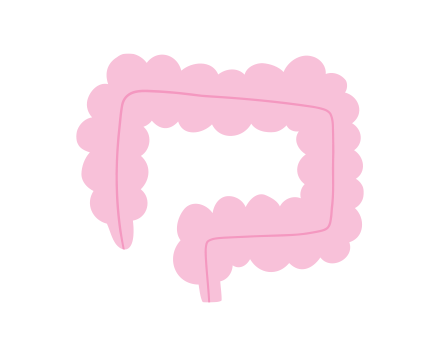
Intestines
The contents of the stomach move through the small intestine, where the nutrients are absorbed, to the large intestine, where water is absorbed. Within the intestines live bacteria, which are responsible for dealing with germs that may enter – roughly two-thirds of your immune system is located in your intestines, making them essential for general health. Hormones secreted by intestinal cells are also key to regulating your body’s water balance, which if it’s not functioning properly can lead to diarrhoea or constipation.
Less of this
Discomfort occurs when you overeat or consume foods your body can’t tolerate. While many diets banish gluten and dairy, it is not recommended to cut these out completely – unless you suffer from an intolerance or where certain foods cause an autoimmune response such as coeliac disease.
Our intestines are intricately laid with nerves – explaining that feeling of `butterflies’ when you’re nervous or stressed. Reduce your stress and anxiety by adopting healthy stress-management tools.
More of this
To maintain and nourish good bowel and overall health, ensure your diet contains plenty of fibre and water. While the body can’t digest fibre, our gut bacteria can – they break down fibre and produce short-chain fatty acids that are an excellent fuel source for the digestive system.
Foods such as apples, citrus fruits, wholegrains, cruciferous veg (cauliflower, broccoli, cabbage) and legumes (beans, lentils) assist in normalising bowel movements.
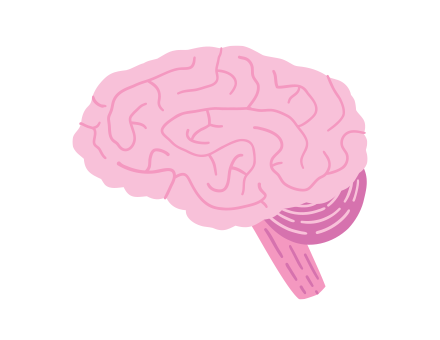
Brain
The brain controls everything, from processing sensory information and regulating blood pressure and breathing, to storing memories and maintaining our daily physiological cycles (such as digestion and sleeping).
Because of its importance in everything we do, we need to take extra care in looking after it – starting with what we feed it.
Less of this
Diets high in saturated fats have been associated with cognitive decline. Avoiding processed and fried foods with large amounts of saturated fat will help ensure optimal brain function.
More of this
The three biggest boosters of cognitive health are omega-3, vitamin B and choline. Omega-3 fatty acids are the building blocks of the brain, but since the body does not produce it, we need it from food – oily fish (like salmon), seaweed, flaxseeds and chia seeds. Vitamin B is linked to preserving cognition and can be found in wholegrains, leafy greens and nuts. Choline, found in eggs, is important to help prevent memory loss and cognitive decline.
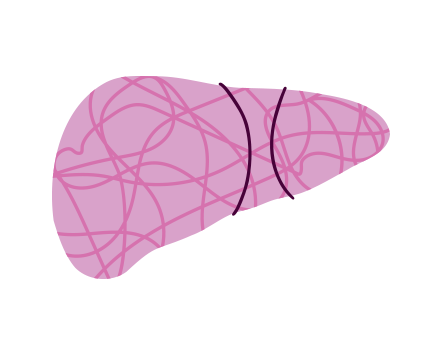
Liver
The organ that wears multiple hats, it processes and purifies blood, produces the chemical bile (which aids in converting fats into energy), breaks down and removes harmful toxins from the blood (things like ammonia, alcohol and caffeine), and metabolises medication and hormones into forms that are easier and non-toxic for the body to use. The liver also manages cholesterol levels, helps to regulate blood sugar and is a storage organ for nutrients.
Less of this
Excess is the enemy of the liver. Alcohol abuse (more than 21 drinks a week) can result in cirrhosis (hardening of the liver due to scar tissue). Following a diet that is lower in protein, high in refined carbs and low in fruit and veggies is also a recipe for liver issues.
More of this
There is no one nutrient to focus on, but adequate amounts of omega-3 and choline are recommended. To manage your cholesterol and blood sugar levels, eat wholegrains as well as eggs, lean meat, beans, nuts and seeds, which are all sources of choline.
If you’re on medication, make sure to take them as directed, and speak to your doctor if you experience unpleasant side effects, as this could be a sign of liver issues.
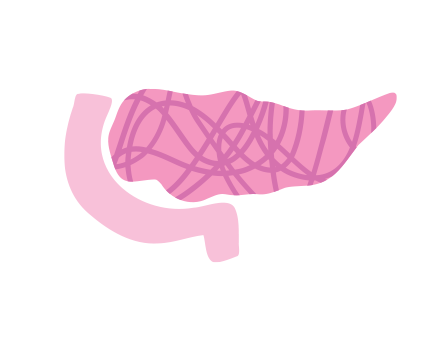
Pancreas
Nestled right behind the stomach is the tiny organ that secretes enzymes into the digestive tract to break down fats, starches and sugar during digestion.
It also secretes hormones that stimulate stomach acids and regulate appetite, as well as the hormones insulin and glycogen, which regulate blood sugar levels.
Less of this
Moderate portions are key to ensuring that your pancreas functions optimally. Eating a lot of refined carbs and sugar requires large doses of insulin to keep blood sugar balanced, meaning more strenuous work for this organ.
More of this
While there is not any specific food or nutrient to add to your diet to boost the pancreas, an imbalanced diet can limit its functioning. A diet that is balanced in protein and nutrients will put you in good stead.
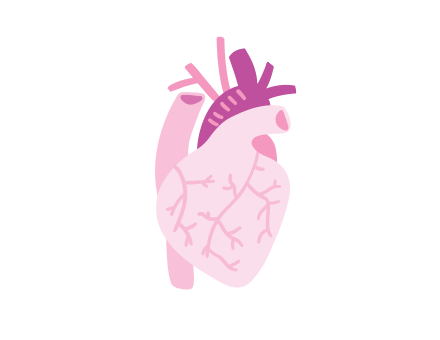
Heart
The powerhouse of the body acts as a pump that ensures that blood and oxygen are distributed throughout the body. It circulates oxygen-poor blood via the veins to the lungs to become oxygen-rich, then pumps this blood to every cell in your body via the arteries.
Less of this
Processed foods are high in trans fats, saturated fats, sugar and salt, which can build up in your arteries, causing blockages and raising your risk of stroke or a heart attack.
More of this
The cardiovascular system needs lots of soluble fibre, vitamin B and omega-3 fatty acids. Oats and berries are good sources of soluble fibre, and fatty fish of omega-3. Nuts and seeds help to lower cholesterol and ward off blood clots, while red, yellow and orange vegetables have carotenoids and vitamins, which help to keep your blood pumping.
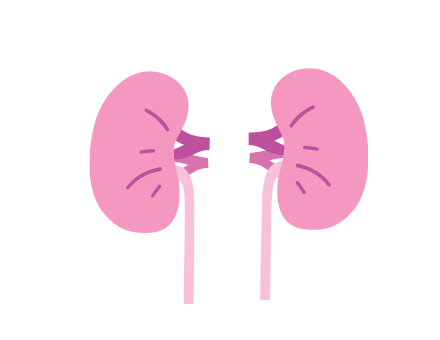
Kidneys
They play a role in the body’s detoxification and elimination processes, but their main function is to purify blood by removing waste products and excreting them through urine, which is stored in the bladder. Kidneys also control the body’s fluid and iron levels.
Less of this
Sodium (salt) is vital for various bodily functions but is only helpful when eaten in the right amount. Too much will negatively impact the functioning of your kidneys, and collect in your bloodstream, which can cause hypertension and possibly kidney stones.
More of this
Stay hydrated and eat a diet high in fibre and antioxidants, such as berries, broccoli and celery. A large number of toxins pass through the kidneys throughout the day, so maintaining a healthy diet helps.
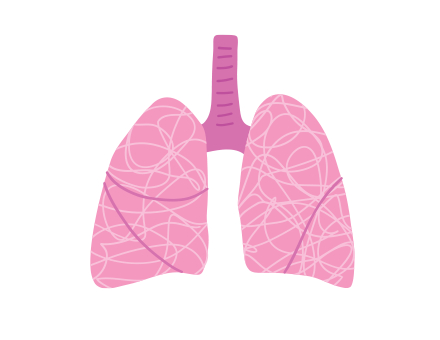
Lungs
These organs are responsible for taking in oxygen-rich air and moving that oxygen into the blood, so that it can be carried around the body. The blood will pick up waste gases and carry these back to the lungs to be breathed out. Our lungs maintain the body’s pH balance, filter out small blood clots and air bubbles, and clear out dust and bacteria, protecting us from illness.
Less of this
A high intake of red meat and processed meats has been linked to an increased risk for lung cancer. Being overweight and smoking are other known risks for lung-related illnesses.
More of this
Focus on antioxidant-rich fruit and veg to reduce the oxidative stress placed on the lungs through the daily processes of respiration and metabolism. Vitamin C and fibre have also been shown to protect against lung disease. Red pepper is the best source of vitamin C and is also a source of fibre, along with wholegrains, nuts and legumes. Regular exercise and an active lifestyle can improve your breathing.

Eyes
Our eyes provide us with vision by detecting light and transforming it into electrochemical impulses that can be processed by the brain. They allow us visual detail as well as various other photo-specific functions outside of vision.
Less of this
A diet high in saturated fats and refined carbohydrates has been shown to increase the risk of eye-cell degeneration. Limit fried foods, sugar-sweetened and carbonated beverages, and processed meats.
More of this
Lutein and zeaxanthin are two types of carotenoid (antioxidant) positively related to eye health. They can help reduce the risk of cataracts and are found in leafy greens, eggs, broccoli, carrots and tomatoes. Carrots are also a source of beta-carotene (another carotenoid), which turns into retinol/vitamin A and helps to prevent night blindness.
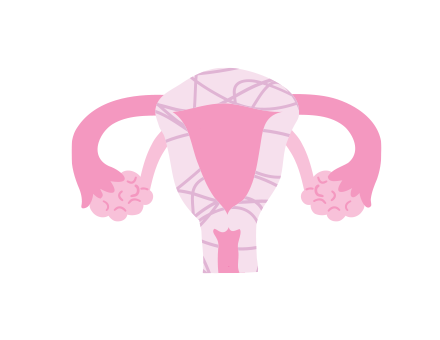
Reproductive system
This system requires a diet that supports fertility, libido and healthy hormone production. The reproductive organs produce hormones that are necessary for the everyday functioning of the body. Certain foods can cause male hormones (androgens) to become deficient, which could affect your physiology.
Less of this
Avoid processed meats, trans fats, high-fat dairy products and soy products, which may contain steroids or hormones that have an oestrogenic effect, lowering testosterone levels and affecting sperm quality.
More of this
Folate (vitamin B9), found in dark-green leafy vegetables, eggs, bananas and avocado, increases blood flow and helps to improve sexual health, while also assisting with erectile dysfunction in men and ovulation in women. Protein and iron (from liver, chicken, seafood and legumes) are also important for ovulation, while berries and citrus fruits improve egg quality. Carotenoids (in carrots) can help to up a man’s sperm count. Turmeric and apples have been shown to ward off prostate cancer.

Skin
The largest organ in the human body, its main function is to act as a barrier to protect you from impact, pressure, temperature, radiation, chemicals and micro-organisms. It also regulates your body temperature by controlling how your hair grows and the use of your sweat glands.
Less of this
Protect skin from inflammatory ingredients (such as sugar) and try to avoid high-pollution areas. This helps prevent skin cell damage. Avoid refined carbs to reduce inflammation and control hormone-related acne.
More of this
Vitamins C and E (in fruit, veg, nuts and seeds) act as antioxidants and can assist with repairing sun damage and exposure to environmental toxins. Your skin needs hydration (water) too, so that skin retains its structure.
By: Bianca Muller and Andrea Robertson
Text courtesy of Jet magazine
Related articles

Latest Jet club magazine
We’ve got the latest trends, exciting prizes and exclusive savings just for you!
Jet Club will not pass your details to anyone else. By clicking the subscribe button you confirm you have read and agree to the Jet Club Terms and conditions and Jet Club Privacy Statement.
Subscribe

